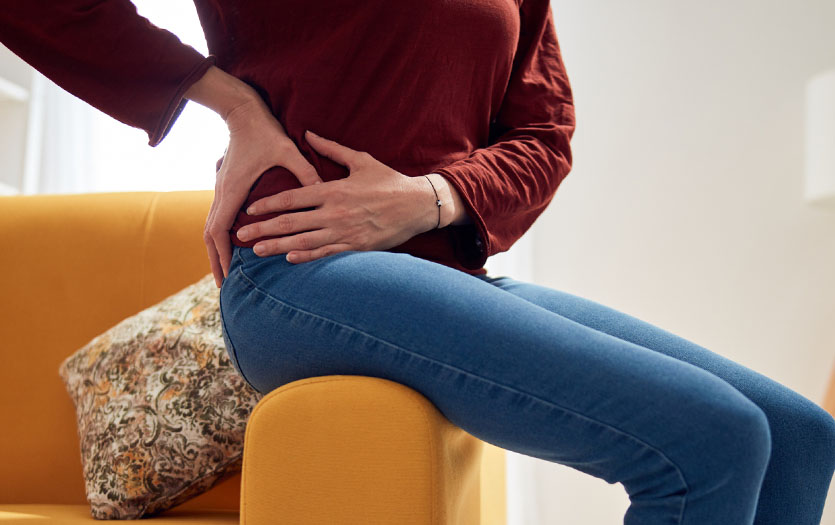
This post was written by Joshua Leichty, DO, Parkview Physicians Group — OB/GYN.
If you’re a sexually active female and experiencing pain in the lower abdomen, pelvic inflammatory disease (PID) is a possible cause. Although fairly uncommon, with only about 4% of adult females in the U.S. being diagnosed, it is a serious condition that should be considered and, if confirmed, given the proper treatment. Let’s look at some of the most common questions surrounding PID, including prevention and relief from the discomfort.
What is pelvic inflammatory disease (PID)?
PID is an infection of one or more organs in a woman’s pelvic area, such as the uterus, fallopian tubes, ovaries or pelvic peritoneum. When bacteria from a woman’s vagina travels up into their reproductive organs, an infection can occur, causing inflammation and pain.
Many different types of bacteria can cause PID, but the most common is a sexually transmitted infection (STI), such as chlamydia (Chlamydia trachomatis) and gonorrhea (Neisseria gonorrhoeae). Usually, PID is considered a mixed infection, meaning it’s caused by multiple bacteria at the same time.
What are the most common signs and symptoms?
The symptoms of PID can vary from mild to severe. The most common include:
- Lower abdominal pain that gets worse with movement or during/after sex
- Unusual vaginal bleeding, such as between periods
- The need to use the restroom more frequently
- Abnormal vaginal discharge
If PID is not treated or the infection is severe, abscesses can develop and cause higher levels of pain and fevers. That’s why it’s important to seek treatment as soon as you are experiencing symptoms.
How is someone diagnosed with PID?
For sexually active females who have pain in the lower abdomen, PID should always be considered as a possible cause, especially for patients between the ages of 15 and 25. Typically, PID is diagnosed based on history and physical exam findings alone. Your provider will ask about your symptoms and sexual history, and he/she may examine your abdomen and vagina.
Tests for STIs may be performed, including those for chlamydia or gonorrhea to help determine the cause of the infection.
How is PID treated?
If your healthcare provider thinks you have PID and your infection is mild to moderate, you will be given a course of antibiotics to help clear up the infection. Treatment will begin right away to lower the risk of complications. If you are diagnosed with a more severe infection, you may be admitted to the hospital where you will receive medication through an IV.
Can you prevent PID?
Because most cases of PID are caused by STIs, the best way to prevent an infection is to take precautions with sexual intercourse, such as abstaining from sex, using condoms or other barrier contraceptives and/or limiting the number of sexual partners you have.
It’s important to speak with your healthcare provider about any questions or concerns you have about your sexual health, including whether you should get tested for STIs.
If you have questions or would like to schedule an appointment with Joshua Leichty, DO, PPG — OB/GYN, in Kendallville, please call the office at 260-347-8030. Or call 1-877-PPG-TODAY to find an OB/GYN provider in your area.



